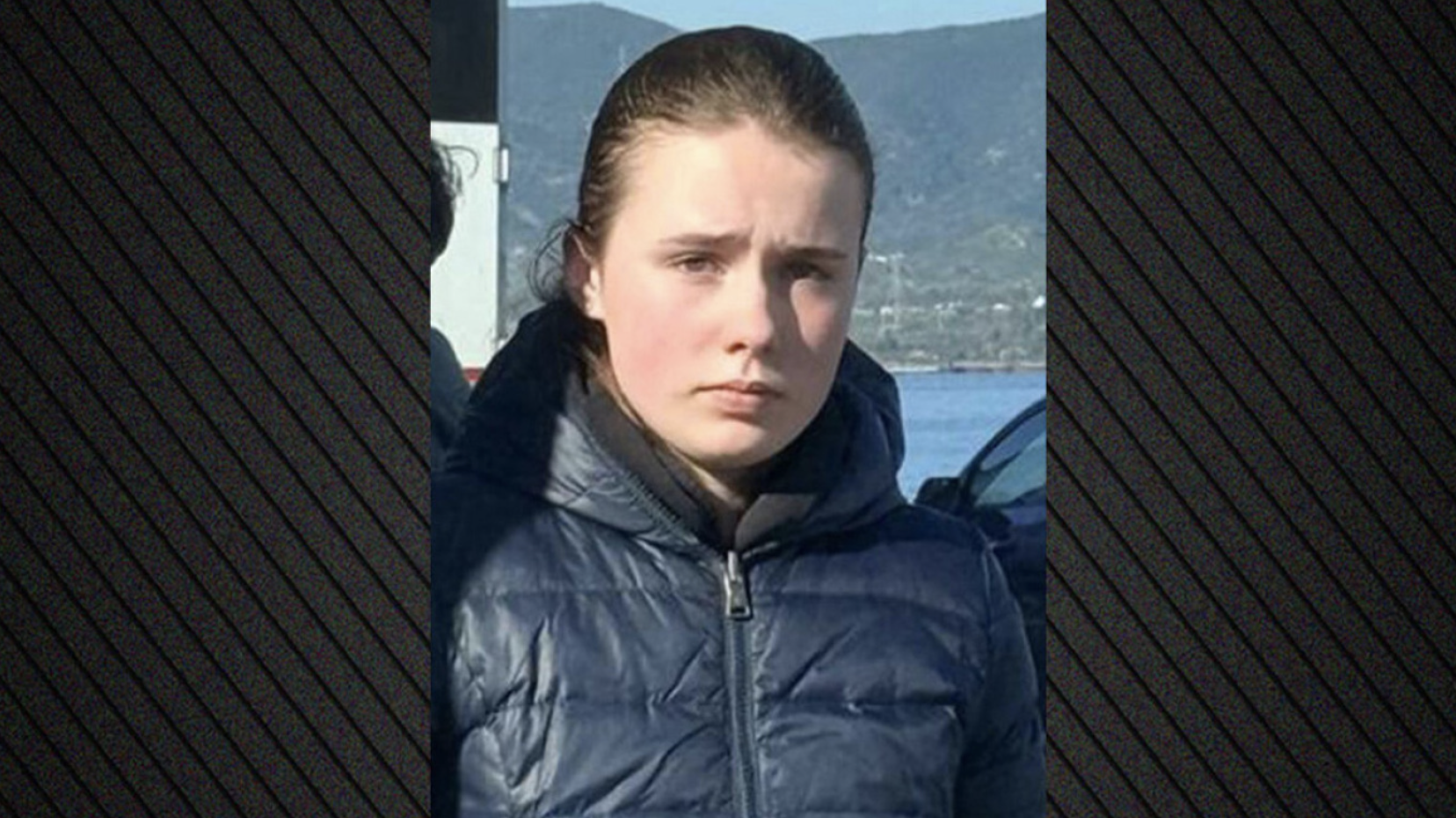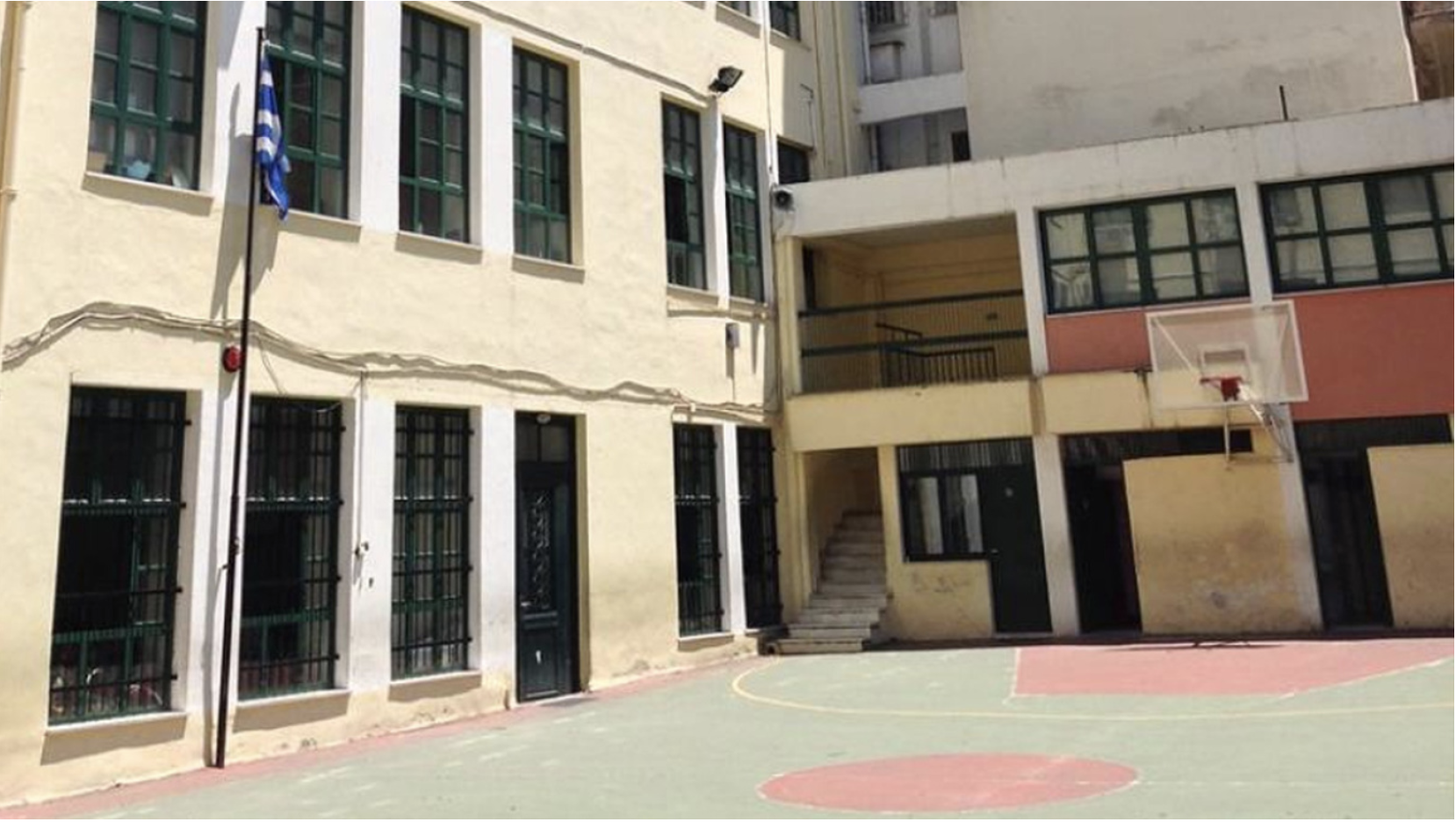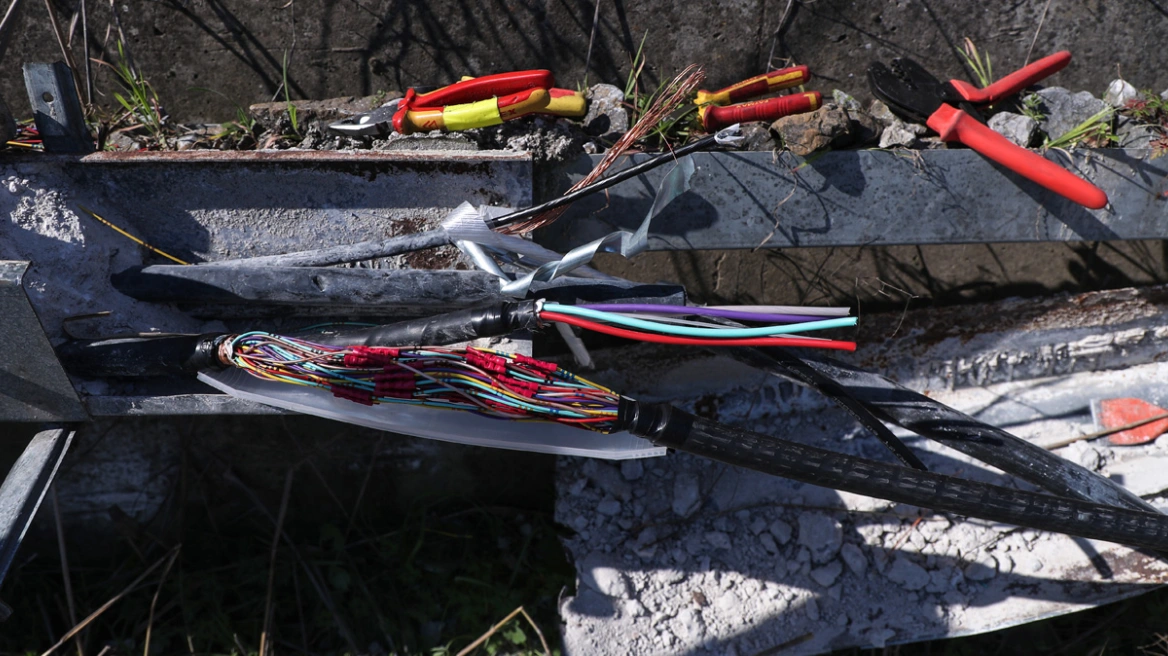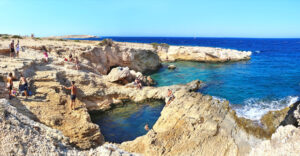The recent “surge” of the Alternative for Germany (AfD) in two state elections in Eastern Germany caused a political “shock” in Berlin and led to new stricter measures from Olaf Scholz’s three-party coalition, which is attempting to impose controls at land borders, essentially dismantling the Schengen Agreement.
In this context, Kyriakos Mitsotakis was in Austria yesterday to meet with Chancellor Karl Nehammer, who also holds a hard stance on migration but has supported Greece on several issues, such as Greece’s request for European funding for the fence along the Evros border. It’s worth noting that Austria is one of the few countries that contributed equipment during the migration crisis at the Evros border.
Given the strategic realignment in Europe regarding migration, Mr. Mitsotakis reiterated Greece’s request for European funding for the fence, although he clarified that it will be completed with either European or national resources. At the same time, he emphasized that Greece will continue to protect its borders, which are also Europe’s borders. On the other hand, towards the end of the press conference, Mr. Mitsotakis directed pointed criticism at Germany’s stance towards Greece.
More specifically, Mr. Mitsotakis gave a clear “nein” to Germany’s plans for deporting migrants, whether they have been granted asylum or not, to countries of first entry, such as Greece. These plans concern many migrants currently in Germany, which has a generous welfare policy that acts as a magnet for those entering Europe. “What a country like Greece certainly cannot accept is bearing a disproportionately large burden simply due to its geographical particularity, namely, being located at the external borders of the European Union,” Mr. Mitsotakis pointedly emphasized.
Moreover, according to information from protothema.gr, last November, when Mr. Mitsotakis was in the Chancellery, he heard “firsthand” the ideas of German Chancellor Scholz, who is desperately seeking ways to alleviate the pressure. It is said that he is even “putting on the table” additional funding for frontline countries to take on more responsibilities. “Such a thing is not even up for discussion,” was the cryptic response from a Greek source with direct knowledge of the events.
“No one can expect Greece to have a more favorable social protection framework for refugees than it does for its own citizens,” the Prime Minister added pointedly, responding to the idea that Germany could pay countries like Greece to offer enhanced benefits to refugees. The issue of returns was also raised, according to the same sources, by Green Deputy Chancellor Robert Habeck, who met with Mr. Mitsotakis in Thessaloniki on Saturday, though in a more moderate tone.
Strategic Shift
In any case, one European country after another is now adopting stricter migration measures as they face increasing flows. Greece also recorded higher flows in the first seven months of the year, even though in the islands of the Northeastern Aegean, Turkish tourists arriving under the visa regime outnumber migrants. In any case, Germany has set the tone with land controls, which it has already applied to Austria since 2015. However, there are already sharp reactions from Polish Donald Tusk, while Kyriakos Mitsotakis emphasized that “it would not be right to move towards a logic of ad hoc exceptions to Schengen.”
The Prime Minister’s wording reveals an additional concern in Athens. Uncoordinated actions by individual European countries could result in migrants, even those with asylum status, becoming trapped in first-reception countries like Greece. This scenario seems somewhat distant, but the whole of Europe is now shifting course, and Greece is positioning itself. There will be a Greek-German contact on Monday when Migration Minister Nikos Panagiotopoulos will be in Berlin for a conference on security and migration and will meet with Deputy Minister Bernd Kreser.
Ask me anything
Explore related questions





